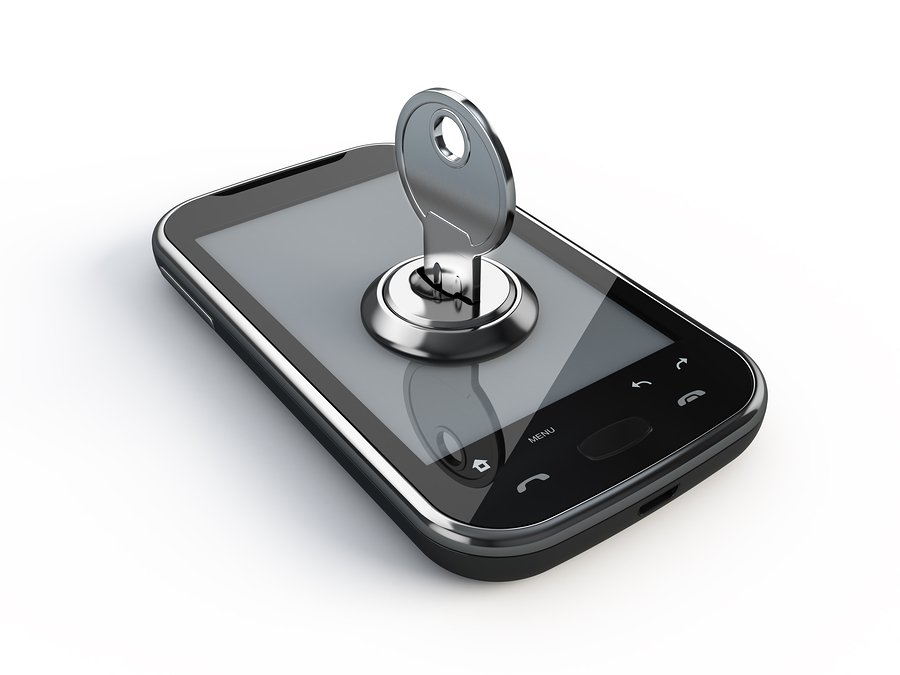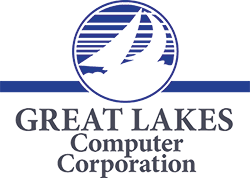 We have been discussing BYOD (Bring Your Own Device) for a while now and its impact to your company’s data security plans. BYOD is employee-owned devices being brought into a business. Smartphones, tablets, laptops and USB drives are all examples. Bring your own everything (BYOx) is an all-encompassing term that covers various BYO-related trends in the enterprise that are now on the rise. We found the information of different types of BYOx from techtarget.com below, and I have provided my commentary on each to help you understand the terminology and the possible security threats to your IT systems:
We have been discussing BYOD (Bring Your Own Device) for a while now and its impact to your company’s data security plans. BYOD is employee-owned devices being brought into a business. Smartphones, tablets, laptops and USB drives are all examples. Bring your own everything (BYOx) is an all-encompassing term that covers various BYO-related trends in the enterprise that are now on the rise. We found the information of different types of BYOx from techtarget.com below, and I have provided my commentary on each to help you understand the terminology and the possible security threats to your IT systems:
-
- Bring your own apps (BYOA): With smartphones and tablets come employee’s own apps that are not work related. When on your network and put to use, these apps can take up network bandwidth as well as impose security risks.
-
- Bring your own encryption (BYOE): This is a security service that allows companies to use their own encryption tools even when using a third party application in the cloud. This is great for companies who face regulatory restrictions and compliance issues.
-
- Bring your own identity (BYOI): This is an approach to digital authentication in which an end user’s username and password is managed by a third party. Think of it this way: when you are able to log into certain websites without having to create a whole new username and password, but simply by using your existing Facebook or MSN login.
-
- Bring your own technology (BYOT): This is the practice of allowing employees to bring their own electronic devices to the workplace for work use. Perhaps it is a computer they prefer to use, or even something as simple as cool new headset or mouse. This is not a new issue, and company’s have struggled with where to draw the line for years. It can lead to other employees feeling as if they have been cheated in some way because they don’t get the latest or best technology, or it can even cause disputes when an employee tries to expense the item, or use your internal helpdesk for support should there be an issue.
-
- Bring your own network (BYON): This is the ability to create or access alternative networks when the available options are not satisfactory. Oftentimes in corporate america a worker with a personal hotspot will create this in the office to bypass the company’s security features present on the network. Sometimes it is done for the person to feel they can do their job more effectively…. sometimes it is done to stream in the March Madness basketball games.
-
- Bring your own wearables (BYOW): Much like Bring your own technology, this idea extends to bringing in items such as fitness watches that also hold and share data, Google Glass, etc.
BYOx has changed the way mobile computing works–and with it, raised data security issues across devices. Small business owners need to consider mobile device data security and tablet PC security to keep their computer data safe.
Learn more about the author Bob Martin




